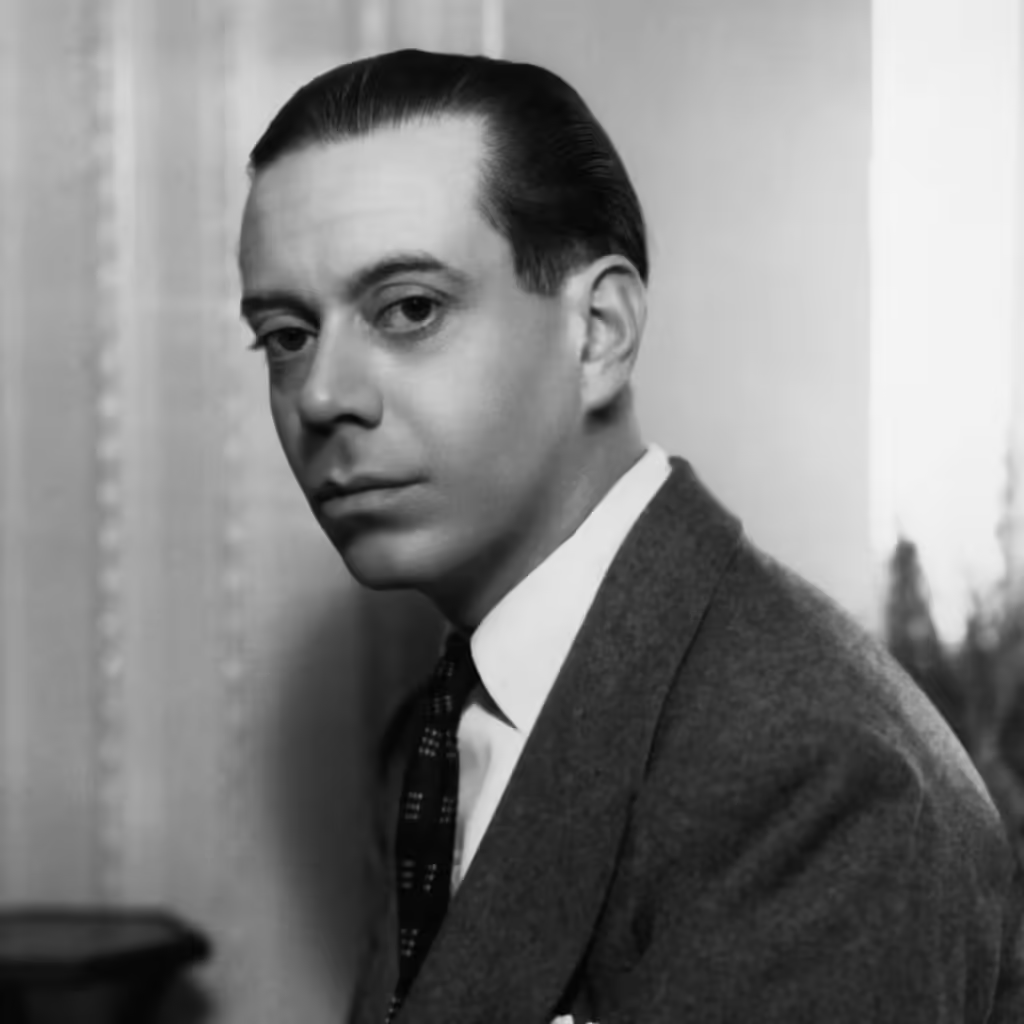
Table of Contents
Who Was Cole Porter?
Cole Porter was a highly gifted composer and songwriter, known for his exceptional ability to craft both music and lyrics. He left a lasting impact on Broadway and Hollywood with his sharp, witty compositions, including iconic songs like “Night and Day” and “I’ve Got You Under My Skin.” Despite his talent and success, Porter’s life was marked by tragedy when a 1937 riding accident left him unable to walk. Nevertheless, he remained prolific throughout his career, writing more than 800 songs before his death in California in 1964.
Early Life
Born on June 9, 1891, in Peru, Indiana, Cole Porter grew up in a privileged household. His grandfather, James Omar Cole, was a wealthy businessman, which afforded Porter a comfortable upbringing. He began his musical education early, studying both the violin and piano, although he preferred the latter and practiced diligently, eventually composing his first song at age 11, with his mother’s assistance in publishing it.
While attending Yale University, Porter continued to develop his musical talents, writing the fight song “Bulldog” and contributing to numerous student productions, penning approximately 300 songs during this time. However, his ambitions in music were not supported by his grandfather, who pushed him toward a legal career. As a result, Porter was sent to Harvard Law School, but he soon shifted his focus to studying music without his grandfather’s knowledge.
Life in Europe
After the unsuccessful debut of his first Broadway musical See America First in 1916, Porter relocated to France in 1917, during World War I. Although he sent letters home claiming to have joined the French Foreign Legion, in reality, Porter was indulging in the vibrant social life of Paris. In 1919, he married Linda Lee Thomas, a wealthy and glamorous socialite.
Porter and his wife spent much of their time traveling throughout Europe, living in opulent settings such as their home in Paris and the rented Palazzo Rezzonico in Venice, Italy. Although he did not rely on his music for financial support—thanks to his wife’s fortune and his family’s wealth—Porter continued to compose, and some of his songs began to appear in London productions.
Despite setbacks and personal challenges, Cole Porter’s legacy as one of the most influential composers in American musical theater endures. His body of work remains celebrated for its sophisticated lyrics and timeless melodies.
Musical Success
Cole Porter’s rise to fame began in 1928 with the success of “Let’s Do It (Let’s Fall in Love)”, written for the musical Paris. This hit song marked the start of a prolific Broadway career, which soared in the 1930s. For the musical Gay Divorce (1932), starring Fred Astaire, Porter penned the timeless classic “Night and Day.” His work in Anything Goes (1934) produced several enduring hits, including “I Get a Kick Out of You” and “You’re the Top.”
Porter continued to deliver iconic songs throughout the decade, such as “Begin the Beguine” (1935) and “It’s De-Lovely” (1936). His success expanded to Hollywood, contributing songs like “Easy to Love” (1936), “I’ve Got You Under My Skin” (1936), and “In the Still of the Night” (1937) to various films.
Accident and Aftermath
In 1937, Porter suffered a severe riding accident when his horse fell on him, crushing both of his legs. The injuries led to over 30 surgeries and a lifetime of pain. Despite this physical and emotional toll, Porter remained creatively resilient, producing popular songs like “Friendship” (1939) and “You’d Be So Nice to Come Home To” (1942).
Although some of his post-accident Broadway shows were less memorable, such as Something for the Boys (1943), Porter had continued success with Kiss Me, Kate (1948). Adapted from Shakespeare’s The Taming of the Shrew, it was a massive hit, earning Porter a Tony Award and featuring songs like “Too Darn Hot” and “I’ve Come to Wive It Wealthily in Padua.”
Later Years and Death
Porter faced a personal tragedy in 1954 with the death of his wife, who, despite his long history of extramarital relationships, had been a steadfast source of companionship and support. Her passing deeply affected him. Though Porter continued to work, earning an Academy Award nomination for “True Love” from High Society (1956), he increasingly turned to alcohol and painkillers.
In 1958, complications from his earlier injuries led to the amputation of his right leg. This loss marked the end of his songwriting career, as Porter retreated from public life, telling friends, “I am only half a man now.” He passed away at the age of 73 in Santa Monica, California, on October 15, 1964.
